FAQ: 2020 Farm Requirements
A detailed FAQ about the Rainforest Alliance 2020 Sustainable Agriculture Standard Farm Requirements.
Home / Business / Certification / Page 24
Certification has had a huge impact in bringing sustainability to the forefront of business thinking, but it must continue to evolve to provide more value to farmers and companies and ensure that people and nature can thrive in harmony.
That's why the Rainforest Alliance launched its new Certification Program, which entered into force in July 2021. The Sustainable Agriculture Standard, along with its assurance and technology systems, are data-powered, and based on the principles of continuous improvement, risk-based assurance, contextualization, and shared responsibility. This is how we can deliver more value to the two million farmers and thousands of businesses that use Rainforest Alliance certification to drive more sustainable agricultural production and responsible supply chains.
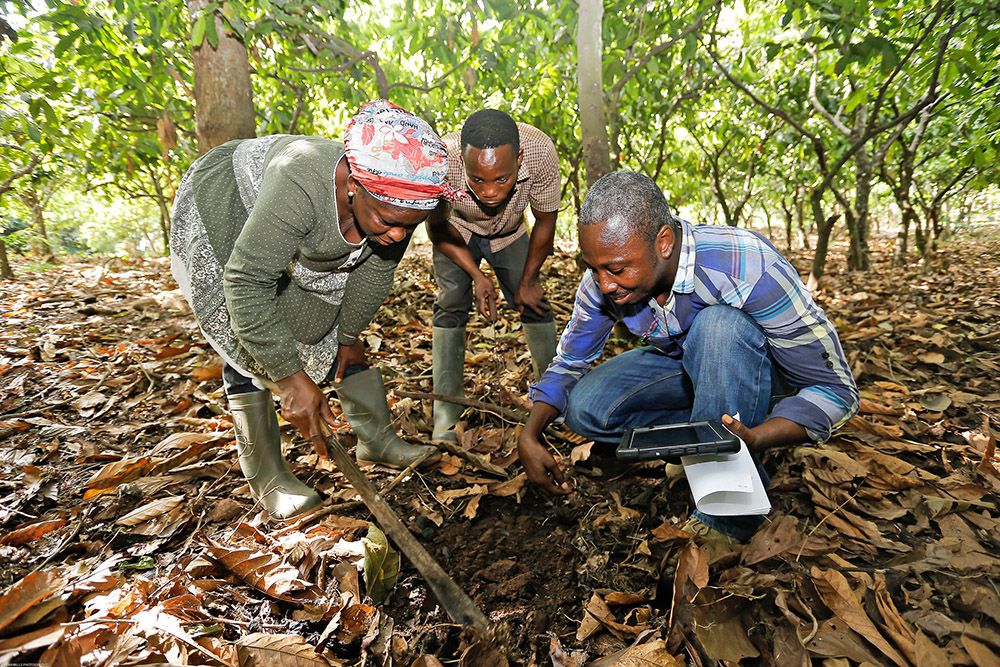
The certification program is part of the Rainforest Alliance’s strategy to drive sustainability at scale in the sectors in which we operate through interconnected interventions supporting certification, tailored supply chain services, landscapes and communities, and advocacy.
Key priorities of our cocoa strategy are assurance, shared responsibility, supply chain transparency, and profitability and resilience.
How we have tailored the implementation and verification of standards requirements on child labor and forced labor to the risk exposure of each farm.
Our shared responsibility approach aims to distribute benefits and costs of certification more evenly between farmers and companies.
Begin your journey of certification with the Rainforest Alliance.
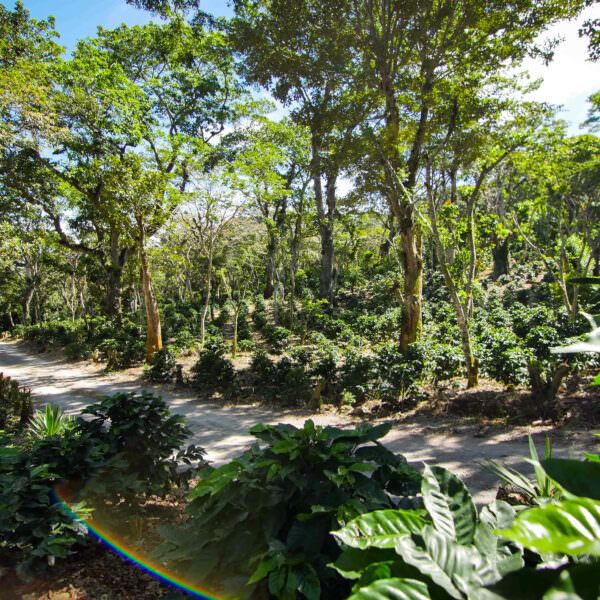
A detailed FAQ about the Rainforest Alliance 2020 Sustainable Agriculture Standard Farm Requirements.
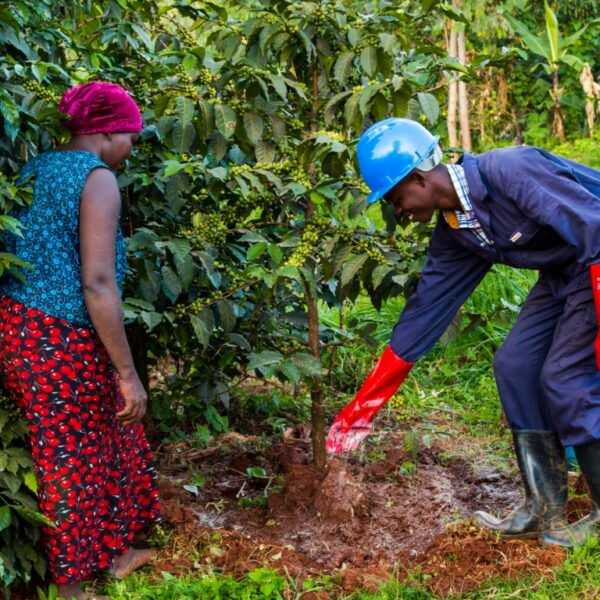
Find out what Ugandan coffee exporter, Kyagalanyi Coffee, had to say about the new program—from the improvements to the challenges.
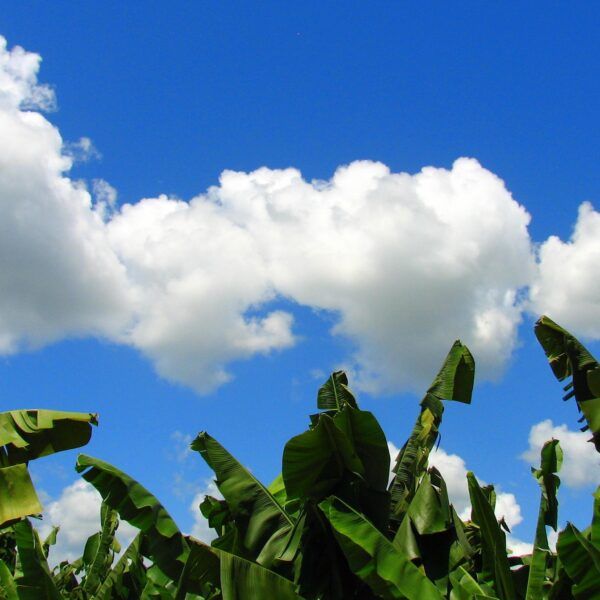
After teaming up for an early implementation pilot of our strengthened certification program, both Finca Esmeralda and the Rainforest Alliance took away learnings that will contribute to a more sustainable banana sector.
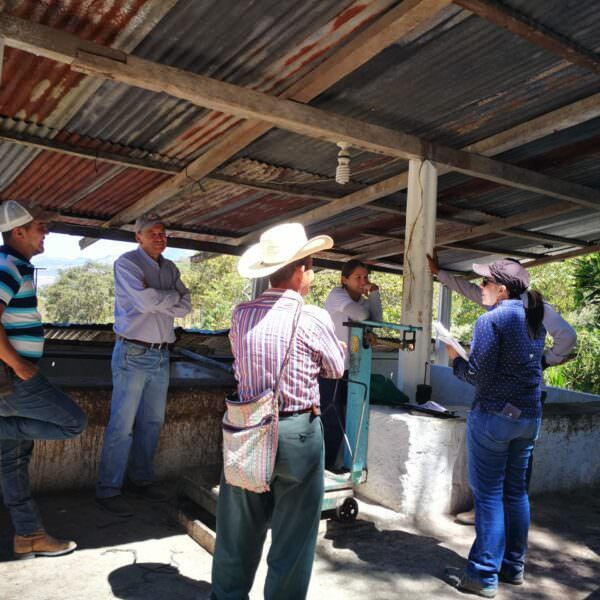
Rainforest Alliance certification is carried out by our authorized certification bodies. Find an authorized certification body in your county.

SA-G-SD-44 Requirements 1.5.1, 1.6.2 and 5.1.4 of the 2020 Sustainable Agriculture Standard requires certificate holders todocument and remediate cases of child labor, forced labor, discrimination, workplace violence and harassment. following the Remediation Protocol (found in Annex Chapter 5: Social) . This Guidance provides additional non-binding informationt to support the implementation of the Remediation Protocol

SA-G-SD-9 This guidance provides background knowledge on Integrated Pest Management to help farmers understand and implement the requirements of the 2020 Sustainable Agriculture Standard for successful and sustainable farming. This version has also has a section on Integrated Weed Management.

Prior to the onsite audit, the CB shall perform a stakeholder consultation in certain high risk Farm Standard audits. This guidance further explains how to perform a Stakeholder Consultation. The rules related to the Stakeholder Consultation can be found in the Annex AR4.2 of the Certification and Auditing Rules.

The purpose of this technical paper is to explain Rainforest Alliance’s position on triazole use and summarize the scientific literature underpinning that position.

The Core Ingredient Rule is a rule in the 1.1 Version of our Labeling and Trademarks policy. We have uploaded the chapter here for reference only. From June 1st, 2022, the “Certified Ingredient Requirement” will replace the “Core Ingredient Requirement”. A 6 month notice period will commence on June 1st, 2022 in which we will […]

View this report for an in-depth look at our Rainforest Alliance and UTZ tea certification statistics and analysis of how our programs developed in 2021.